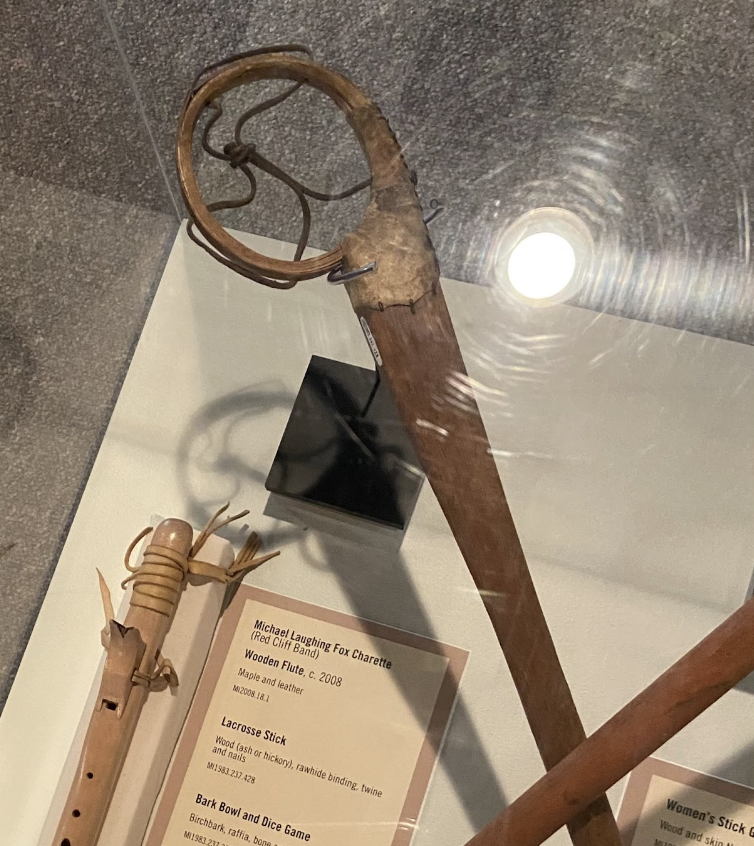The Disregard for International News in American Media
Plastered around Janel Anderson’s room (2054), bright and colorful flags represent a multitude of different countries.
November 11, 2018
America impacts almost every other country in the world. Any entity that possesses that much power also possesses corruption and a deterioration of other principles; America is no exception with its egocentric tendencies. I, too, am a by-product of American society. Until I began taking International Relations this year, I was fixated on the national news, making me ignorant of events going on outside the United States.
On the first day of International Relations, Ms. Janel Anderson told her students that most American media fails to feature news regarding another country if the United States is not also mentioned.
In an interview, Anderson said, “I think that [American citizens] are unaware of where places are and what’s going on. And they tend to be distant from it. I also think that the United States is a really powerful and wealthy nation, and I think when you are, like, the richest kids, it’s really easy to ignore the poor kids.”
After asking Anderson about the dangers of American indifference, she explained, “I think that international news and international events affect us in ways that are so much more prevalent than Americans realize, [and] that if more Americans paid attention, then they would actually realize how much impact [they have].” Anderson cited the murder of Saudi Arabian journalist Jamal Khashoggi, who outwardly criticized the Crowned Prince of Saudi Arabia as an example: “I think Americans think, like, ‘Oh yeah, that’s crazy,’ but they don’t realize all of the layers of our relationship with Saudi Arabia and our decision making.”
Anderson used another example to illustrate her point: the Saudi government’s recent decision to substantially lower the prices of oil targeted Venezuela, whose primary source of money comes from oil. “The Saudi’s decision at OPEC to change those oil prices with a particular goal of sort of crushing that oil market has lead to the full destabilization of one of the wealthiest countries in the Western Hemisphere – a country where we could potentially see dangerous circumstances emerging,” Anderson said. “So if Americans understood some of those links more, then maybe the Saudis would be less likely to make those kinds of decisions that would negatively impact people’s lives.”
Many people argue that it is difficult to read or watch the news because of the high amount of violent and disturbing events that are reported on. Anderson agreed that she finds it difficult always to read or watch these events unfold, but she also added, “I think we traumatize ourselves and retraumatize ourselves everytime we watch those kinds of things. I think the danger is when you watch too much or experience too much or too little.”
After learning about the history of foreign policy in many countries around the world, it became easier to understand what compels country’s current decisions. For example, China does not recognize Taiwan as its own country the nationalist party who fought the communist party was once part of China, so the United States must always walk a fine line to avoid upsetting either of the countries while conducting trade and negotiations. Knowing how countries function and how the United States has impacted countries in the past has helped me shape my political opinions and see trends in policy.
I asked Daniel Zens, a junior and an International Relations student if he too was ignorant about other countries before the class started. He conceded, “I knew, like, nothing.” After being in the class for a quarter, he said, “I guess overall I have become more aware of the news and learned more about what’s going on in the world and what exactly different country’s policies are.” I asked Zens if he recommends taking International Relations, to which he replied, “Yeah, it’s a lot of fun.”
For those who do not have the opportunity to take International Relations as a class, Anderson recommended, “. . . history classes, read books, get a whole variety of news sources, and at the very least, you just have to start at the beginning of the race.”
























